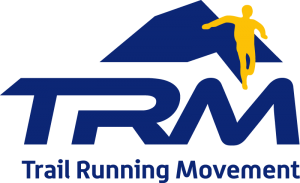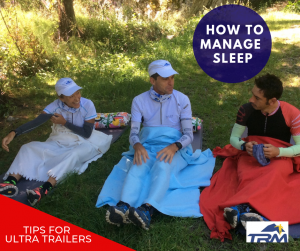
HOW MUCH SHOULD AN ATHLETE SLEEP?
How much should an athlete sleep? How many hours of sleep do you need and why?
Dr. Felicina Biorci, expert in nutrition in endurance sports who has been collaborating with Trail Running Movement for some time, explains it to us; she has collected many researches on the subject of sleep.
“7-8 hours. No more, no less“, says Dr. Biorci.
But is it possible that a few hours of difference create fatigue and imbalances? The answer is yes.
Reducing sleep from 8 to 5 hours decreases the anti-inflammatory response and increases cardiovascular risk. There is an experiment conducted worldwide twice a year: summer time. In spring, the day after the time change and when you sleep one hour less, the risk of heart attack increases by 24% and stroke by 8%. And in the fall, the day after earning an hour of sleep, there is a 21% reduction in heart attacks. For just ONE hour of difference. With equally strong interactions on cognitive and learning abilities.
In sports, the data becomes just as interesting, with studies showing that a sleep of less than 8 hours is the risk factor that most correlates with injuries in adolescents.
Also, sleep deprivation negatively affects glucose metabolism. That is, it reduces the ability to store glycogen, liver and muscle reservoir for energy production during long-term performance. With therefore little response to carbohydrate loading in the days leading up to a competition. And therefore with the risk of lower yields during the race itself.
The reduction in sleep is then associated with an increase in catabolic enzymes that destroy muscles and a reduction in the anabolic ones that stimulate it. Result: decrease in protein synthesis, with impairment of mass workouts and recovery after training.
Furthermore, inadequate sleep increases the basal rate at rest, with an increase in the perception of fatigue. And when sleep is associated with over-training, it is still unclear whether it is excessive training that disturbs sleep, or whether it is reduced sleep that creates the over-training condition.
So … whether the goal is health or performance: 8 hours of well-deserved and necessary rest.
performance and sleep, sleep and performance, sleep in the endurance athlete, sleep management, Sleep management in Ultra Trails








